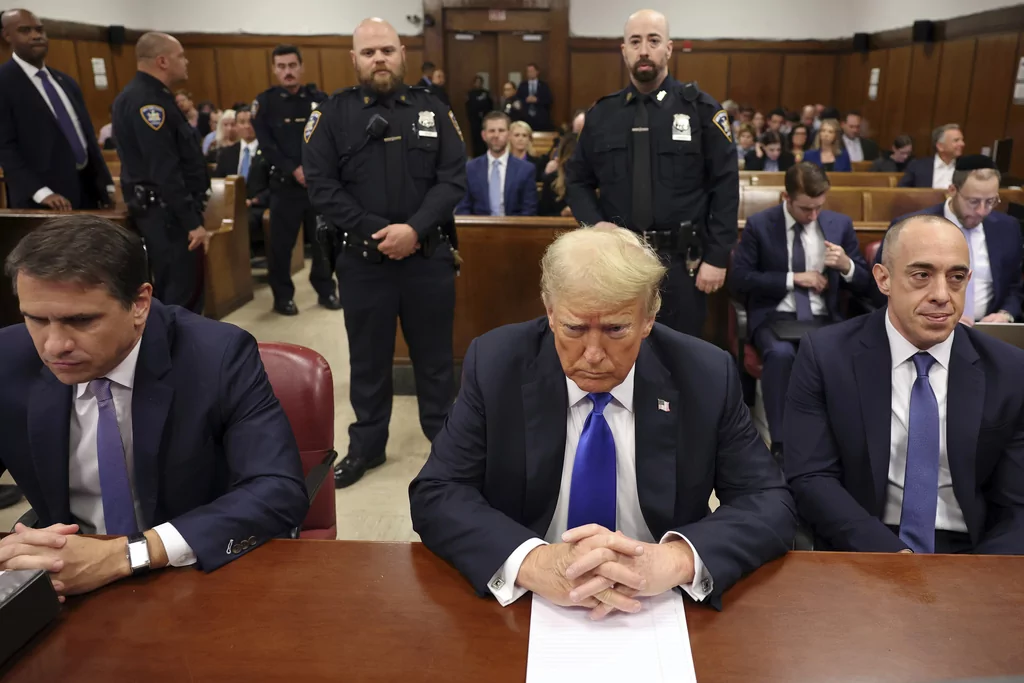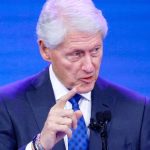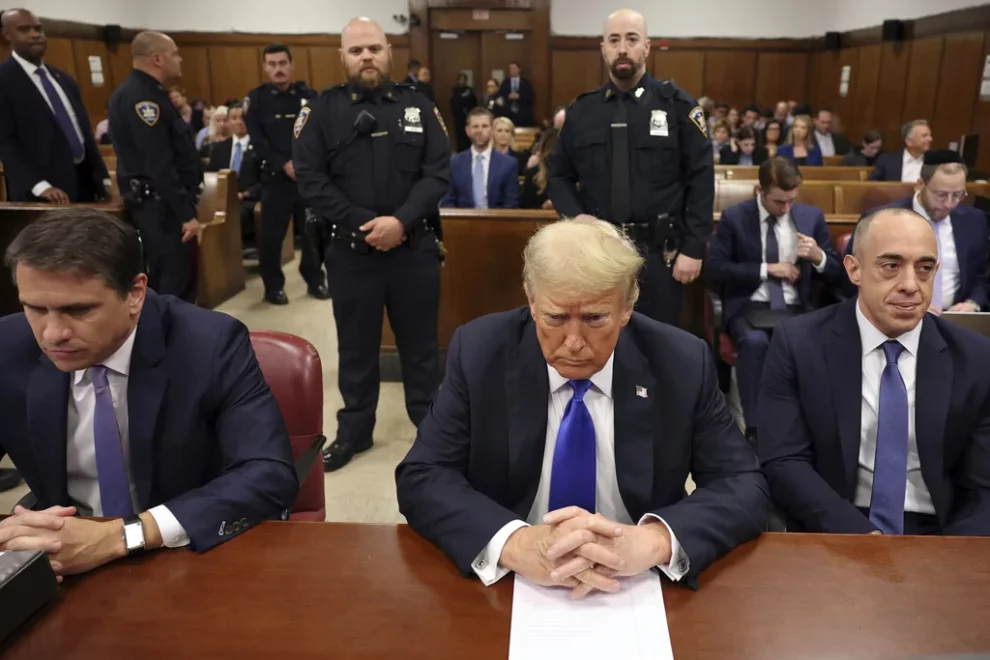The Supreme Court on Thursday denied an emergency request by President-elect Donald Trump to delay his sentencing in New York’s hush money case, ensuring the Friday morning hearing will proceed as scheduled.
The ruling means a sentencing hearing will commence at 9:30 a.m. Friday at the same Manhattan courthouse where a 12-member jury found Trump guilty of 34 felony counts for falsifying business records. Trump is slated to appear virtually before Judge Juan Merchan and will become the first former president, and incoming commander in chief, to have a felony record.

In the high court order, the justices offered a short explanation for their narrow 5-4 decision, which saw Chief Justice John Roberts and Justice Amy Coney Barrett, appointees of Republican presidents, join the three Democratic-appointed justices on the bench. Republican-appointed Justices Clarence Thomas, Samuel Alito, Neil Gorsuch, and Brett Kavanaugh said they would have granted Trump’s request.
The majority reasoned that the “alleged evidentiary violations” from the six-week trial in May last year could be addressed in the normal course of appeals that will take place following the Friday sentencing, in which Trump will mount his bid to see an appeals court reverse the judgment against him.
Trump has maintained that Manhattan District Attorney Alvin Bragg relied on testimony from witnesses who worked in the White House during his first term that should have been precluded due to presidential immunity, while prosecutors say that it amounted to a “harmless error” that would not have altered the jury’s guilty verdict.
And because Merchan has said Trump would get a sentence of “unconditional discharge,” meaning no jail time, the majority said it was “relatively insubstantial” to Trump’s president-elect responsibilities.
In a statement to Trump’s Truth Social media platform, he criticized the case against him as “nothing other than Weaponization of our Justice System against a Political Opponent,” claiming he was “innocent of all of the Judge’s made up, fake charges.”
Trump described the incoming sentencing as “lawfare,” adding that “nothing like this has ever happened in the United States of America.”
He also decried the gag order placed on him during and “to this day” as a restriction of his First Amendment rights and vowed to appeal the judgment, expressing confidence that “JUSTICE WILL PREVAIL.”
Merchan has since partially lifted the gag order, though narrow restrictions remain for commenting about court staff, the prosecution team, or their families until after sentencing.
The evening decision follows the New York Court of Appeals’s rejection earlier in the day of Trump’s bid to postpone the proceedings and comes just 11 days before Trump is slated to be inaugurated as the 47th president.
Bragg’s office argued in its response to the Supreme Court that Trump’s claim of immunity as president-elect was “unprecedented” and “unsupported by any decision from any court.” Bragg’s prosecutors maintained that the sentencing posed no legal or constitutional burden on Trump’s transition to office.
“This extraordinary immunity claim is unsupported by any decision from any court,” Bragg’s office wrote in its filing. “It is axiomatic that there is only one President at a time.”
CLICK HERE TO READ MORE FROM THE WASHINGTON EXAMINER
A court filing from Bragg’s office earlier this week indicated the president-elect would not attend the hearing in person, though Trump has not yet signaled his plans publicly.
Notably, Merchan also granted a request to release an audio recording after the one-hour hearing on Friday, a rare move given that the six-week trial was kept behind closed doors with limited access to the public.
























